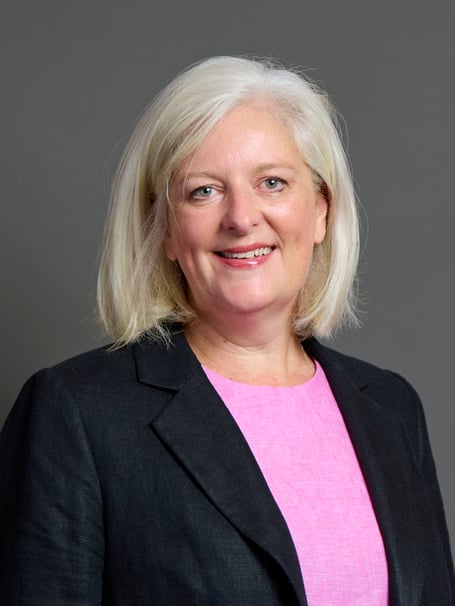Last month, a report from the National Audit Office laid bare the scale of the crisis in SEND services, highlighting the “insufficient capacity” at special schools, lengthy wait times for council-funded support, an “increasingly adversarial” appeals process and a mainstream education system that just isn’t inclusive.
Of course, for many parents whose children have SEND, none of the report’s findings will be surprising. This is the lived experience of so many parents who are striving to get their children the education they deserve but are coming up against a system that is not set-up or adequately resourced to cope with the surge in need.
And to see this all you need to do is compare the number of Education, Health and Care Plans (EHCP) being issued in recent years with the drop in council budgets.
In 2022, 576,000 children and young people had an EHCP, a rise of more than 60% since 2015. But, in the same nine years, councils real-terms funding rose by only 40%, leaving most completely unable to keep up with demand.
The crisis in SEND is pushing many councils to the brink of bankruptcy, with Devon County Council’s SEND deficit surpassing £160m this year, leading to an emergency bailout.
It is against this backdrop that I took my place on the Education Select Committee. Coming into the role, addressing SEND funding, and helping not only parents in South Devon but children and teachers too with this crisis was at the top of our agenda.
To that end, I was pleased to speak with the Children’s Commissioner for England and Wales when she appeared before the committee to talk on a wide range of subjects, including SEND.
In my questions I focused on the varying approaches we can take to solve this issue, and I was fascinated by what the Children’s Commissioner had to say, particularly this: “For all children, but especially for vulnerable children, we need services to be talking to each other, understanding what those children need and hopefully what a child would experience.
“A child does not see health, social care, or education. A child just sees people. What a child would see… is that all the people around them are there to help them – helping them properly and understanding them.”
After speaking with numerous education leaders and experts, it’s become increasingly clear to me that systems-level thinking is what’s needed to address this crisis.
While the extra £1bn announced by the Chancellor at the Budget to help with SEND is welcome, the truth is that this money will barely touch the sides of this crisis, and, crucially, cannot solve the problem by itself.
Teachers need more training to help children with SEND, we need more inclusive criteria for school inspections and a wider curriculum that is not overly focused on academic achievement. We also need far more physical capacity for support hubs.
I’m looking for a more joined-up approach across education that considers not only the various challenges children with SEND have, but a conversation between education and health which will provide better support for children who are struggling.
We’ve already seen winds moving into that direction, with Ofsted introducing an inclusion criterion in its new report cards. I’m looking forward to seeing this move implemented and I hope there will be more to follow.





Comments
This article has no comments yet. Be the first to leave a comment.